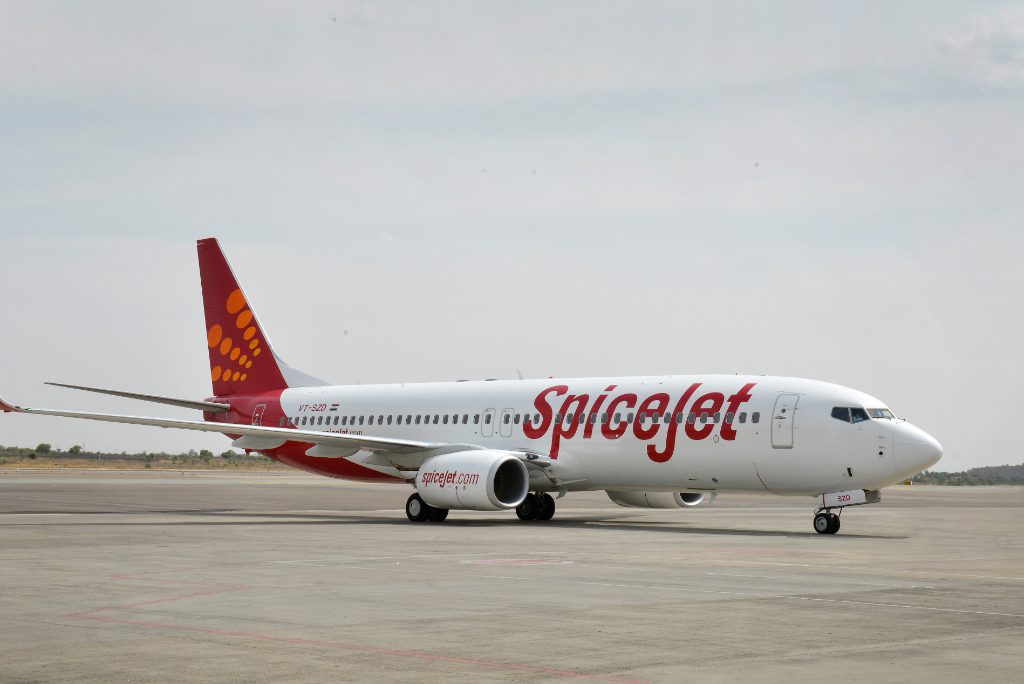How India's SpiceJet Is Using Tech to Innovate During the Pandemic

Skift Take
SpiceJet has championed reforms of airport processes that have already changed how all air travelers in India fly on all airlines. In a move reported here first, the budget carrier will begin to sell some of the tech it has developed to other airlines.
Indian budget airline SpiceJet doesn't grab the big headlines, given that it's overshadowed by state-owned Air India. Yet a look at how SpiceJet has expanded its software development work and hired more engineers — including its acquisition last week of the tech consultancy Travenues — tells a broader industry story.
Low-cost carriers worldwide face daunting challenges, and SpiceJet, India's second-largest airline by passengers flown, illustrates some of the ways to respond to the crisis. It has reduced staff interactions with passengers at airports to ensure social distancing, and it has revved up its operational efficiency during a time of reduced revenue.
"We took the opportunity that the pandemic provided to do a lot of innovation not just for SpiceJet but for aviation in India, in general," said Ashish Vikram, chief technology and innovation officer.
Reducing crowds at airports is critical to ensuring social distancing as air travel recovers. SpiceJet and other airlines have been working with airports and authorities to adapt to new pandemic-related procedures, called SOPs. The procedures co-drafted by all airlines and the government through an iterative and consultative process.
SpiceJet's story illustrates the changes: India hadn't allowed mobile boarding passes before, instead requiring airport security officials to stamp paper passes. Now mobile passes are mandatory, which reduces in-person interactions.
They streamlined check-in, too. Rather than require passengers to check in within 24 hours of a flight, SpiceJet now lets people check in wheneve

